How to Play Yu-Gi-Oh? The Ultimate Guide for Beginners
Yu-Gi-Oh! TCG is a fascinating card game in which two players try to defeat each other by reducing their opponent's Life Points to 0 with a collection of monsters, spells and trap cards. In this blog post, we'll explain the basics of the game so you're optimally prepared.

Preparation
Before you start the game, you need:
- deck
- Coin (optional)
- Dice
The deck
Each player must have three different types of decks. Your main deck must also contain between 40 and 60 cards.
- Main deck
- Extra deck
- Sideboard
Main deck
The main deck is relatively self-explanatory. It is your main stack from which you draw cards. It is advisable to keep the number of decks at a lower level, i.e. at a minimum. A card can only be present in the deck three times.
Extra deck
This deck contains all of your Synchro and Fusion Monsters, which can be used during the game when certain conditions are met. The deck can contain between 0 and 15 cards and is not counted when counting your main deck.
Side Deck
This stack is also limited to 15 cards and gives you the opportunity to flexibly adapt your battle strategy. After each duel, you can exchange winning cards from the side deck with your main deck.
The playing field
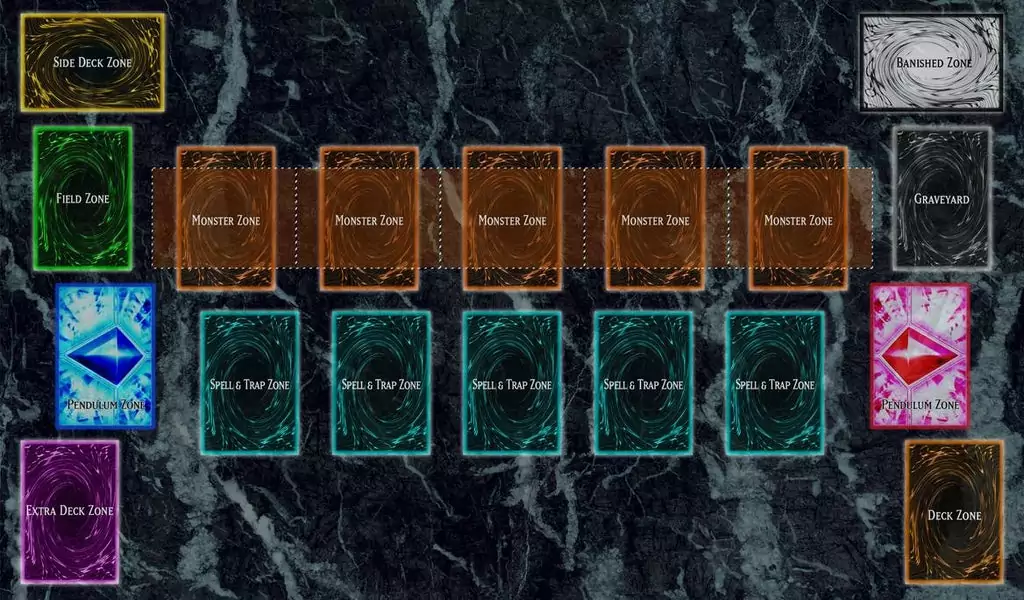
Before you can play Yu-Gi-Oh!, you need to know where cards can and cannot come into play. The following zones are distinguished:
- Main Monster Zone
- Spell and trap zone
- Cemetery
- Deck zone
- Field zone
- Extra deck zone
- Extra Monster Zone
- Commuting zone
The zones in detail
The playing field consists of a total of 30 individual fields and covers the playing field dimensions of both players. Here are some details about the most important zones:
- Main Monster Zone : This is where you summon your monsters.
- Spell and Trap Zone : This is where you place your spell and trap cards.
- Graveyard : This is where cards that have been destroyed, discarded, or otherwise removed go.
- Extra Deck Zone : This is where your extra deck is.
- Field Zone : This is where you place field spell cards that affect the entire playing field.
- Pendulum Zone : This is where you place Pendulum Cards to perform Pendulum Summons.
Monster cards explained

There are seven different monster cards:
- Normal Monsters
- Effect Monster
- Synchro Monster
- Fusion Monster
- Ritual Monsters
- XYZ Monster
- Pendulum Monster
Monster Summoning
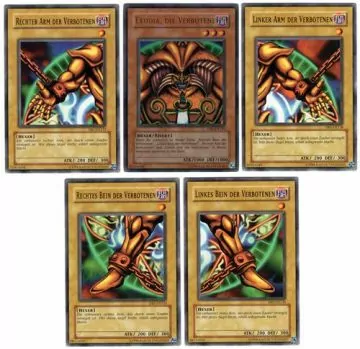
To summon a monster card, you must play it from your deck. There are several types of summoning:
- Normal Summon
- Tribute Summoning
- Flip Summon
- Special Summon
- Ritual Summoning
- Fusion Summon
- Synchro Summon
- XYZ Summon
Spell and trap cards
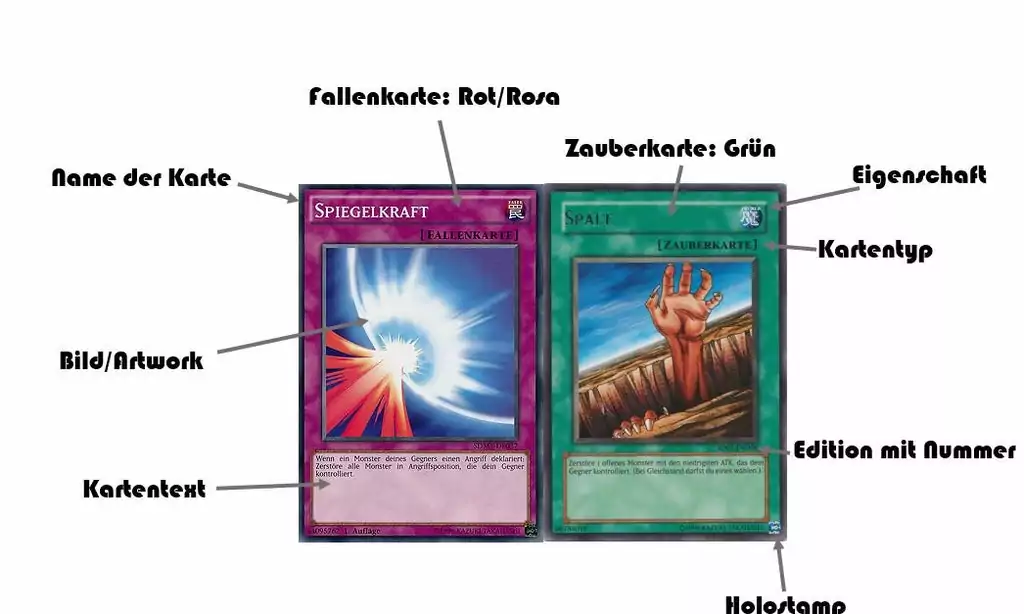
Types of magic cards:
- Normal spells
- Ritual magic
- Permanent spells
- Equipment Spells
- Field Magic
- Quick spell
Types of Trap Cards:
- Normal traps
- Continuous traps
- Counter traps
Battle in Yu-Gi-Oh!
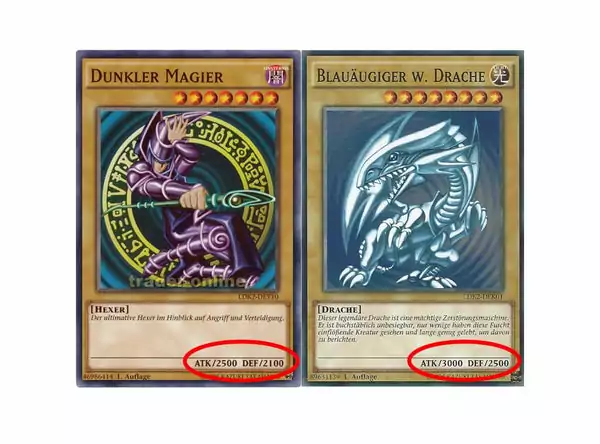
Combat in Yu-Gi-Oh! follows specific rules and phases. Here are the key points:
- Open attack
- Open defense
- Covert defense
Attack and defense
A monster in face-up Attack Position can attack and has an ATK (Attack Value). A monster in face-up Defense Position cannot attack, but can defend.
Game phases in Yu-Gi-Oh!
Each round consists of six phases:
- Draw Phase
- Standby phase
- Phase 1
- Battle Phase
- Phase 2
- EndPhase
Further rules
- Chains and Effects : Whenever a card with an effect is activated, players can respond with other effects.
- Limitations : There are certain restrictions on the number of cards that can be included in the deck.
Closing words
Yu-Gi-Oh! is a complex but extremely exciting card game. This guide should help you get started and develop your skills. Good luck dueling!













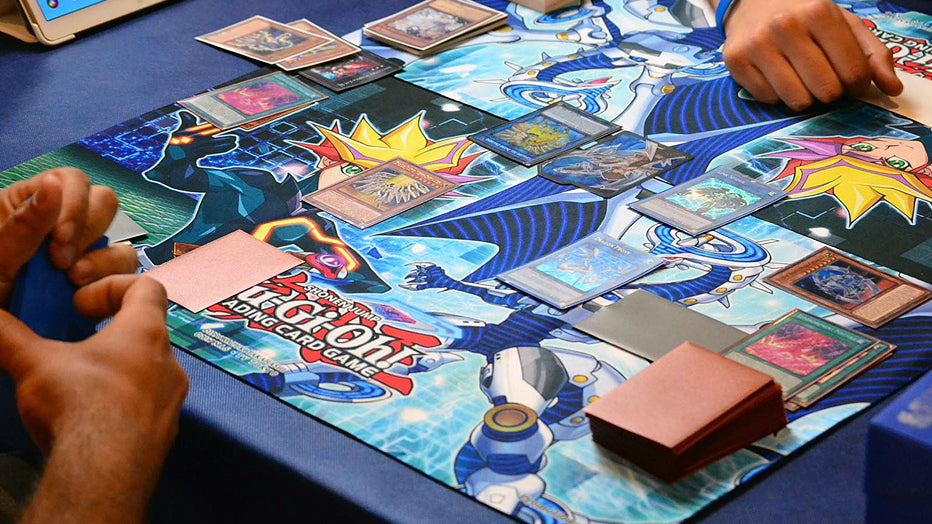
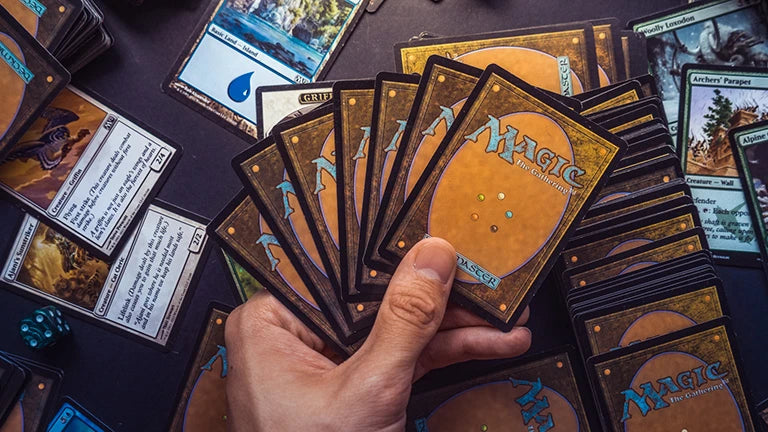
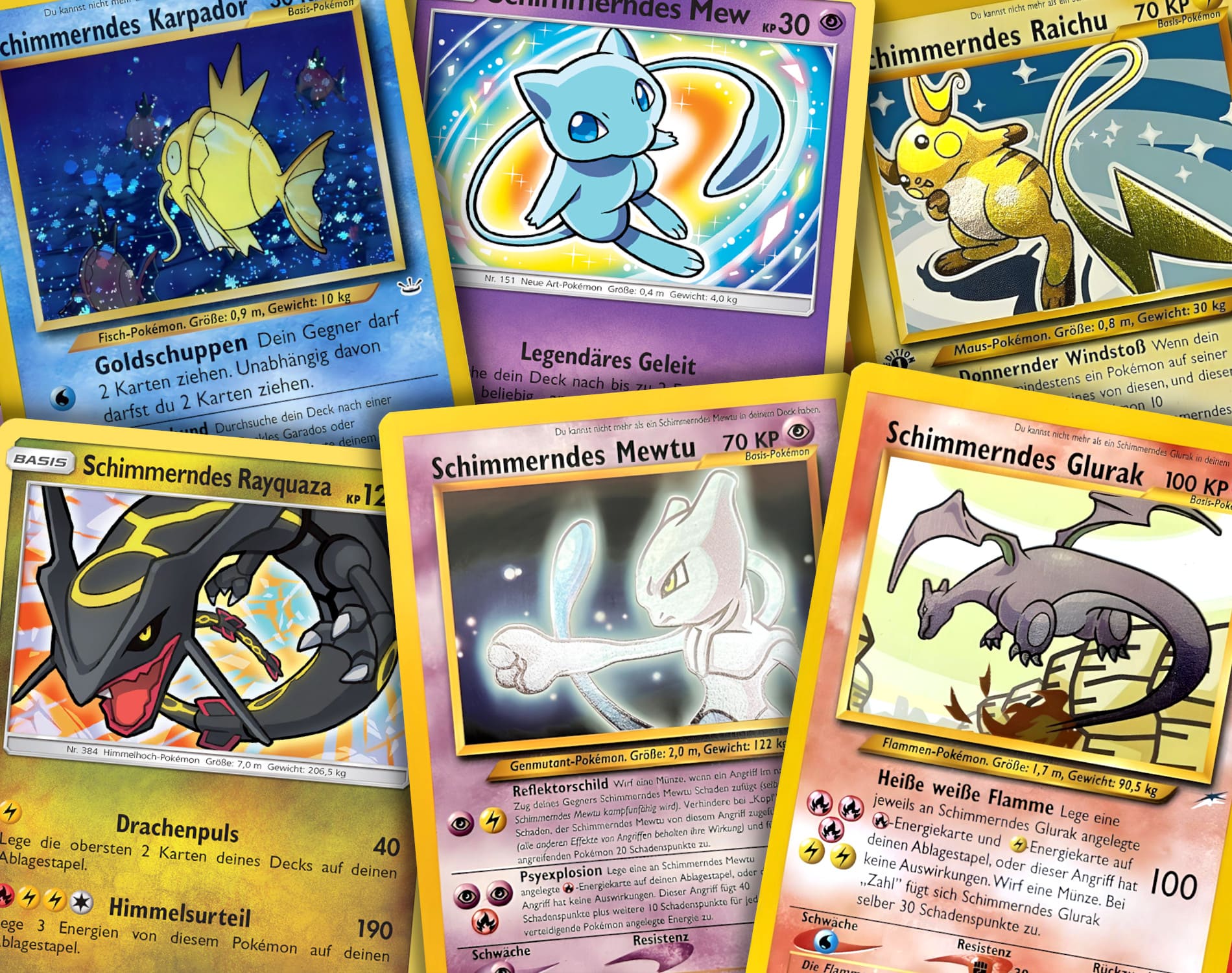
Leave a comment
This site is protected by hCaptcha and the hCaptcha Privacy Policy and Terms of Service apply.